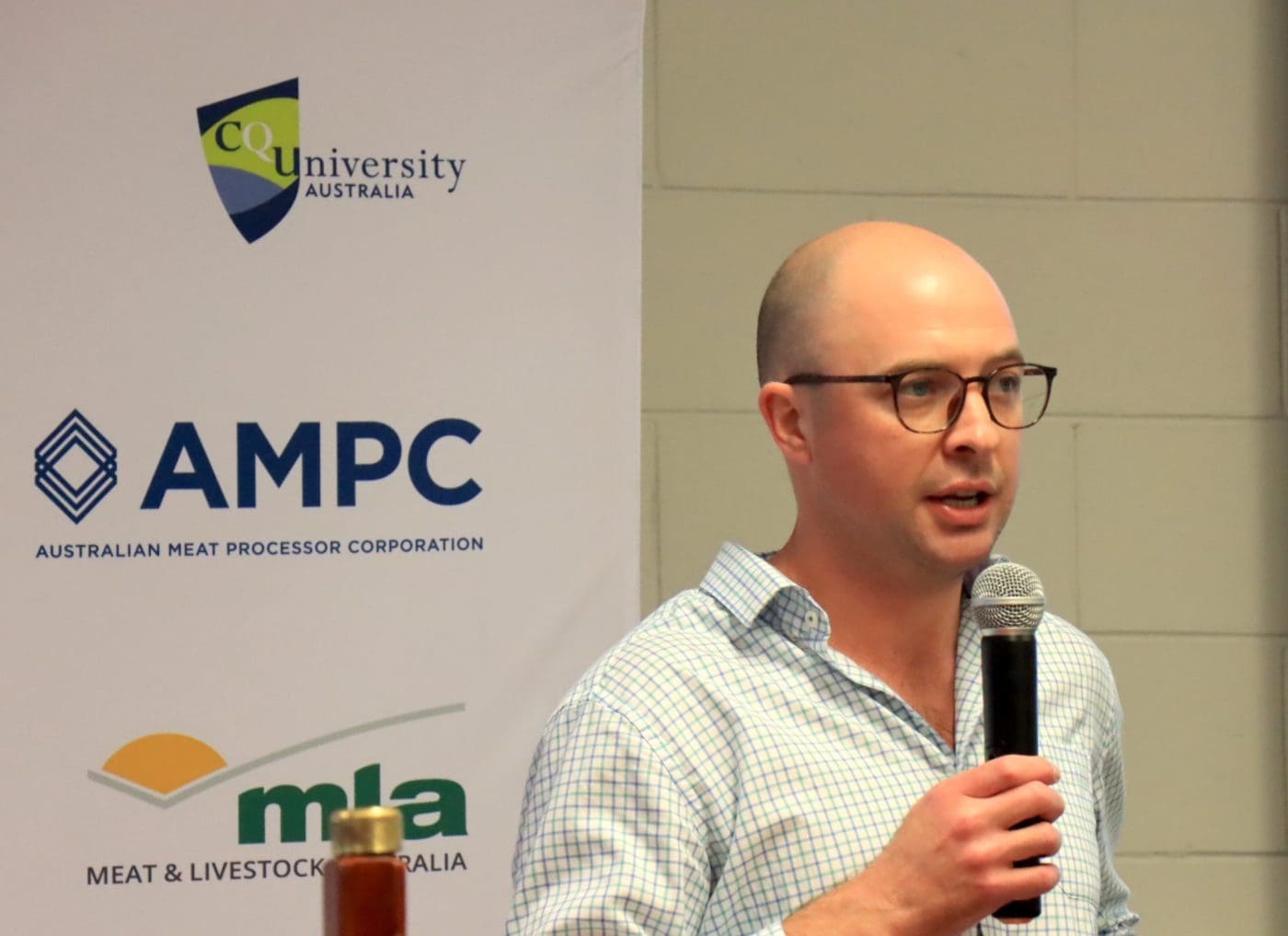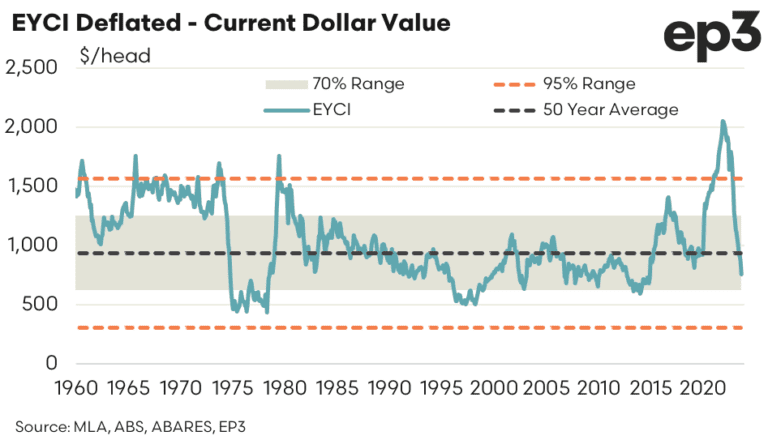SOME of the beef industry’s brightest young minds have been encouraged to pay attention to global trade trends with Australia’s most important partners starting to change their priorities.
Australian Meat Industry Council industry affairs manager Tim Ryan gave last week’s Intercollegiate Meat Judging conference in Rockhampton an interesting run through the recent history of global trade and explained how the beef industry has been one of its biggest beneficiaries.
Lately some of the global trading conditions have begun to change with Europe adding sustainability and animal welfare elements to trade arrangements and countries across the world looking at more protectionist policies.
Speaking to a room of budding beef industry leaders, Mr Ryan said aside from the weather, trade was the most important element of the Australian beef industry. He said it was important the industry was ahead of the curve on trade discussions.
“When it comes to beef, a huge amount of value creation comes from export markets,” he said.
“Australia is a very small fish in a big pond, we don’t have the economic depth of the US, China or the EU to push our way around. We rely on rules, we rely on alliances and we rely on the global system to benefit us.”
Disruption in global trade starting to build
In recent years, geopolitical tensions have started to build, key shipping channels have been impacted and trade wars have been coming and going.
Mr Ryan said many countries had been pushing the rules of the World Trade Organisation, which were hugely important to Australia.
“We have seen the WTO eroded by events in recent years, we have seen trade wars between the US and China, trade wars between the Europeans and the US and all this chips away at this global system,” he said.
“Even if this doesn’t directly implicate Australia, it does undermine this system of rules that we have hugely benefited from over the years.”
In explaining the impact of trade breakdowns, Mr Ryan used a graph created by EP3 analyst Matt Dalgleish who adjusted the benchmark Eastern Young Cattle Indicator to inflation to get an idea of how beef prices were fairing in “real” or “deflated” terms.
The graph shows a clear demonstration of the beef price crash of the late 1970s, which Mr Ryan said was a demonstration of what can happen to Australia when the rules of trade breakdown.
“That trough in the ‘70s was driven by oil prices, a global recession and ultimately a lot of markets closing Australia’s access,” he said.
“This is what happens when the rules are taken away, we don’t want to see what happened in the ‘70s.”
Changing drivers for trade rules
Mr Ryan said traditionally a lot of trade rules were based on animal health and food safety, which played to Australia’s strengths.
“Australia has been very fortunate, we have never had an outbreak of foot and mouth or lumpy skin disease – despite the risks of it being in neighbouring countries,” he said.
“We also have really hygienic processing standards so countries when they do business in Australia have confidence.
“If you look at the US with BSE or South America with FMD, they have been locked out of a lot of markets at periods of time, largely to our own benefit.”
However, Mr Ryan said the priorities of trade rules were starting to change and more factors were being taken into consideration.
“Food safety and animal health are still fundamental to everything, but we are seeing new trade rules emerge as either a country or commercial requirement,” he said
“We are seeing a lot more on the sustainability front, we are seeing questions about anti-microbial resistance and animal welfare. Front of mind has been this EU deforestation rule which will be incorporated by the end of the year.”
Mr Ryan said it was important for the industry to get in front of these new trade barriers to make sure they are fit-for-purpose. He said there were concerning trends from some of the biggest global trading countries starting to pull back from the rules.
“Certain countries that have been leaders in this global trading system are starting to look inward and pull back,” he said.
“If we look around the world, we face the prospect of another Trump presidency and Biden has protectionist sentiment. There are similar trends in Europe and some Asian countries as well.
“I think as Australians we should be concerned about any pull back from this WTO trading system.”
While diplomacy was key to trade agreements, Mr Ryan said it was also important to communicate the significance of the Australian beef industry and export markets to the general public.
“Australians also have a lot at stake with our industry, about half the country is grazed by cattle, we employ more than 400,000 people across the supply chain, processing is Australia’s largest manufacturing industry and we are key source of nutrition,” he said.


